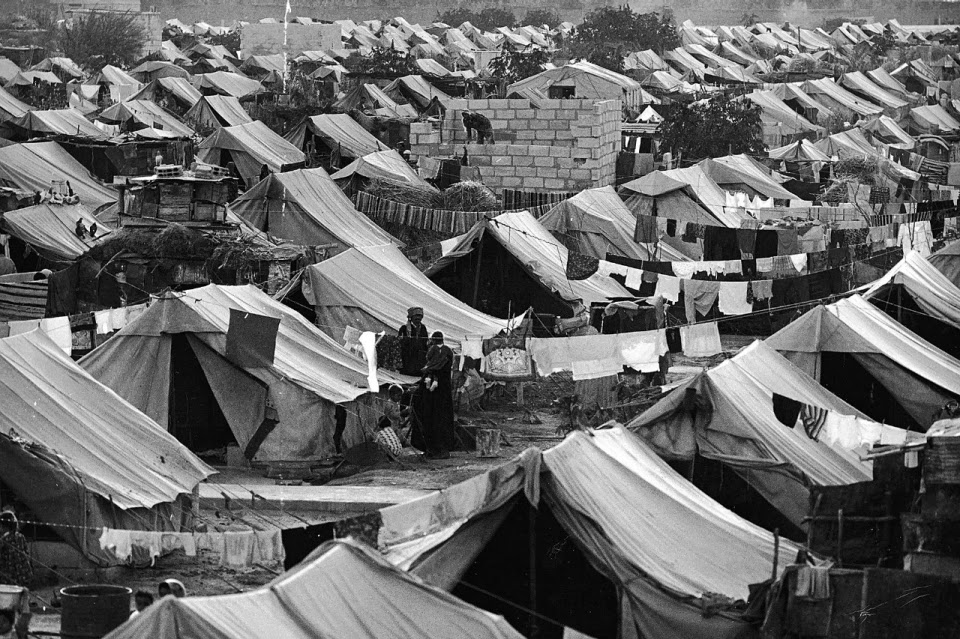are terms not confined to a single decisive definition, but according to many sources, colonialism is "the implementation of various political, economic, and social policies to enable a state to maintain or extend its authority and control over other territories. Colonialism is the building and maintaining of colonies in one territory by people from another territory. Colonialism is a process whereby sovereignty over the colony is claimed by the metropole, and social structure, government and economics within the territory of the colony are changed by the colonists. Colonialism is a certain set of unequal relationships, between metropole and colony and between colonists and the indigenous population.” The UN “Declaration on the Granting of Independence to Colonial Countries and Peoples” (General Assembly resolution A/1514 (XV), 14 December 1960) indicates five elements consists of the colonial characters, namely: (1) violations of the territorial integrity of occupied territory; (2) depriving the population of occupied territory of the capacity for self-governance; (3) integrating the economy of occupied territory into that of the occupant; (4) breaching the principle of permanent sovereignty over natural resources in relation to the occupied territory; and (5) denying the population of occupied territory the right freely to express, develop and practice its culture.
That Declaration enshrines general principles of international law, including:
“1. The subjection of peoples to alien subjugation, domination and exploitation constitutes a denial of fundamental human rights, is contrary to the Charter of the United Nations and is an impediment to the promotion of world peace and cooperation.
“2. All peoples have the right to self-determination; by virtue of that right they freely determine their political status and freely pursue their economic, social and cultural development.
“3. Inadequacy of political, economic, social or educational preparedness should never serve as a pretext for delaying independence.
The illegal practice of colonialism and colonization imposes obligations on all states consistent with these principles, namely:
“4. All armed action or repressive measures of all kinds directed against dependent peoples shall cease in order to enable them to exercise peacefully and freely their right to complete independence, and the integrity of their national territory shall be respected.
“5. Immediate steps shall be taken, in Trust and Non-Self-Governing Territories or all other territories which have not yet attained independence, to transfer all powers to the peoples of those territories, without any conditions or reservations, in accordance with their freely expressed will and desire, without any distinction as to race, creed or colour, in order to enable them to enjoy complete independence and freedom.
“6. Any attempt aimed at the partial or total disruption of the national unity and the territorial integrity of a country is incompatible with the purposes and principles of the Charter of the United Nations.
“7. All States shall observe faithfully and strictly the provisions of the Charter of the United Nations, the Universal Declaration of Human Rights and the present Declaration on the basis of equality, noninterference in the internal affairs of all States, and respect for the sovereign rights of all peoples and their territorial integrity.”



